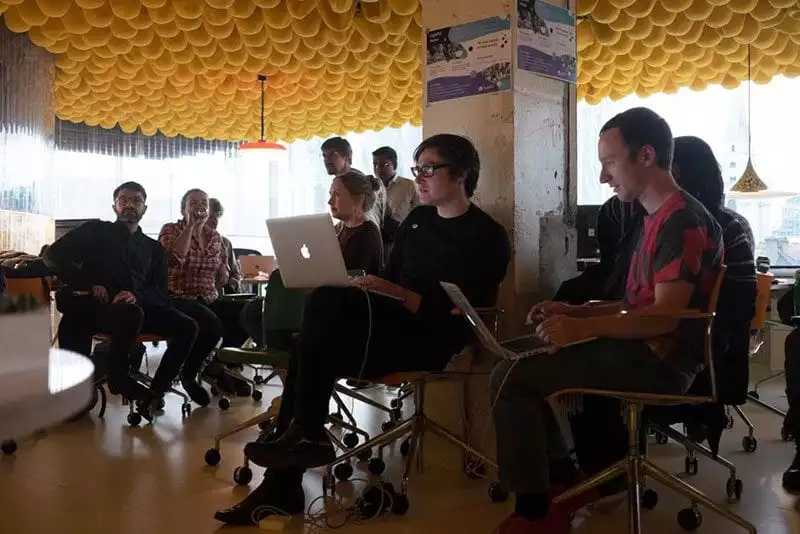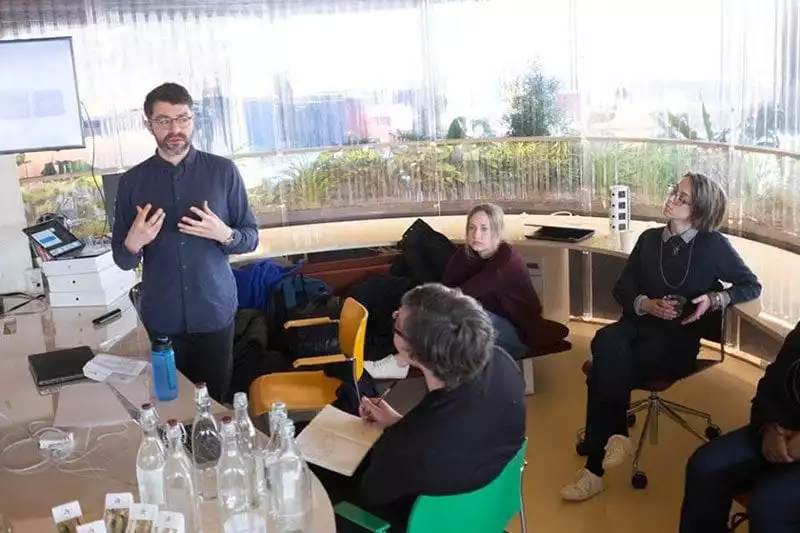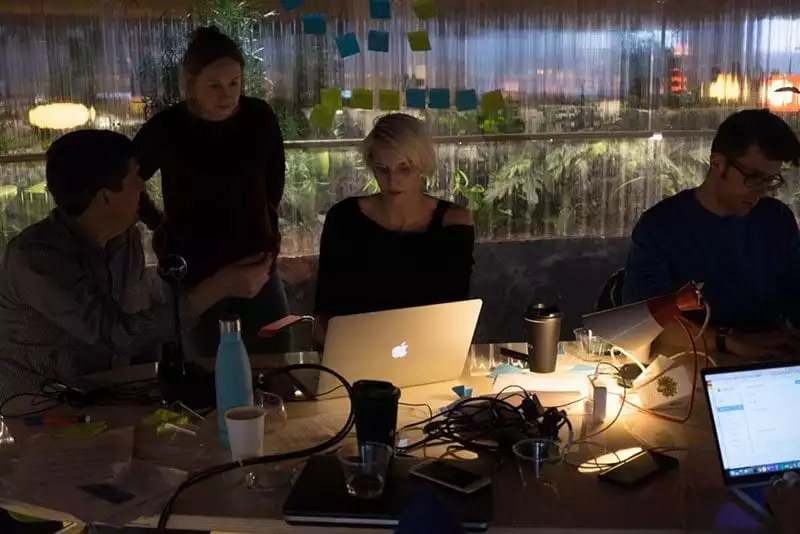How hackathons can work for your charity
Hackathons are a great way to find innovative solutions to real-world problems within a set timeframe. They’re cost-effective, foster creativity and offer the opportunity to learn from third party organisations.
What is a hackathon?
A hackathon, or hack day, is an event where people come together to find a solution to a problem using technology. The word ‘hackathon’ is a portmanteau of the words hack and marathon – although ‘hack’ in this sense refers to exploratory programming.
A hackathon usually lasts either a day or over a weekend (hence ‘marathon’) and those involved include developers, UX and UI designers, graphic designers, project managers, product manager, marketeers etc.
Why hold a hackathon?
Hackathons offer the opportunity to not only take on a timely issue but to innovate quickly and test hypotheses in a cost-effective way. Because there’s a diverse range of people involved in hack days, it offers the opportunity to learn and also have fun. At the end of the hackathon there is a prototype that can hopefully turn into a real-life product.
Advertisement
How to structure a hackathon
The first thing to do is to define the problem(s) you’re trying to solve. Then contextualise the problem for your teams so that they can fully understand the issue. Next, give the teams some information about the audience that their product will be for so that they have them front of mind and designing a solution that’s fit for purpose. Next, define what success means – a working prototype that answers the problem and has scope to be made. Then, explain how the judging process will work. Lastly, provide an agenda for the day so that the teams can keep to a schedule and have structure to their day.
Are hackathons just for devs?
Absolutely not. Of course, people who can code are integral as they will be building the actual prototypes, but hackathons need people with lots of different skills. When a solution has been agreed and the developers and designers get to work building the prototype, a top tip is to give the non-techies a role. If your hackathon has a competition element, then set them to work on developing your pitch or get them to come up with a marketing plan.
Lightful’s hackathon with Comic Relief
Lightful Labs focuses on bringing cutting edge solutions to interesting problems the charity sector faces in a relevant, affordable and ‘human-centred’ way. The hackathon with Comic Relief was born out of an idea to bring together various teams to find workable solutions to challenges faced by the charity.
The day was organised at Lightful’s offices; they set a brief beforehand and mixed the teams up so that there was fresh thinking and ideas. They also introduced a competition element as a motivator.
Caroline Rennie, Product Management Lead at Comic Relief said, “Lightful were great to work with, they put in a lot of effort and worked with us to define what the day would be. They are well-experienced at working with different charities so had tons of good advice.
The biggest difference from previous hacks, in my opinion, was setting up teams ahead of time rather than have teams self-form. While others may not agree with this approach, it meant that a lot of time was saved on the day.”
Read Caroline’s post of the hackathon over on the Comic Relief Technology Blog.
Sarwech Shar, Business Analyst at Lightful, found the hackathon both enjoyable and challenging. He said,” It was useful learning different people’s perspectives on the challenge we had: how to help capture that fleeting urge to take action that we all experience on a regular basis. I was amazed with the impressive amount of work achieved by all of our team, as well as the other participants, with only 5 hours to complete the challenge. In particular, gaining insights from real people through user research was fascinating, helped us understand genuine pain points and design the best solution. Participating in hackathons is
exhilarating, a great way to build knowledge quickly and make new connections – so I’d recommend it to anyone!”
The day was a huge success, with all four teams coming up with prototypes that Zenon Hannick, CTO at Comic Relief and one of the judges, described as, being ‘high quality, viable and applicable.’ The winning team developed a prototype that was an Alexa skill, which would enable users to give donations to charities. Caroline says, “We’d like to do more user validation on the concept – we know it’s technically feasible, now we need to gain greater user understanding before moving forward with this idea.”
Ten Hackathon top tips
If you’re considering running a hackathon for your charity or social enterprise, here are ten top tips:
1. Identify potential third-party partners to team up with
2. Define the problems you wish to solve and research existing solutions in this space. If the problem definition isn’t great, the solution won’t be either
3. Remember there needs to be a working prototype at the end of the hackathon
4. To save time, choose the teams in advance rather than letting people self-form teams on the day
5. Introduce teams to each other ahead of the day so that they can chat on Slack, WhatsApp etc and get the creativity started
6. Mix and match teams so that you get a variety of perspectives
7. Set a detailed agenda so that everyone knows what to expect and sticks to timing
8. Think about the non-devs on your team and how they can contribute through service design, rapid prototyping and creating users or personas
9. Introduce a little bit of healthy competition by having a judging process
10. In terms of taking the product forward, a decent proof of concept with GOOD persona work is super useful
Kirsty Marrins is a digital communications specialist, content writer at Lightful and a trustee of the Small Charities Coalition.
UK tech company Lightful was founded in 2015 to revolutionise the way charities and social enterprises drive genuine positive action through social media. It was set up by Vinay Nair (CEO), Carlos Miranda (Chairman) and Johnny Murnane (COO), who hail from Ireland, the US and Ireland respectively.
Nair previously worked for J.P. Morgan and Social and Sustainable Capital (SASC), one of the largest social impact investors in the UK, and is currently practitioner-in-residence at Saïd Business School, Oxford University. Miranda, a serial social entrepreneur, is the founder of strategy consultancy I.G. Advisors and Social Misfits Media, where he consults a wide variety of philanthropists, foundations, companies, charities, and social enterprises, including the Bill and Melinda Gates Foundation and UN Women. Murnane had an extensive career in management consultancy, and previously headed up Bank of Ireland’s UK strategy division.






